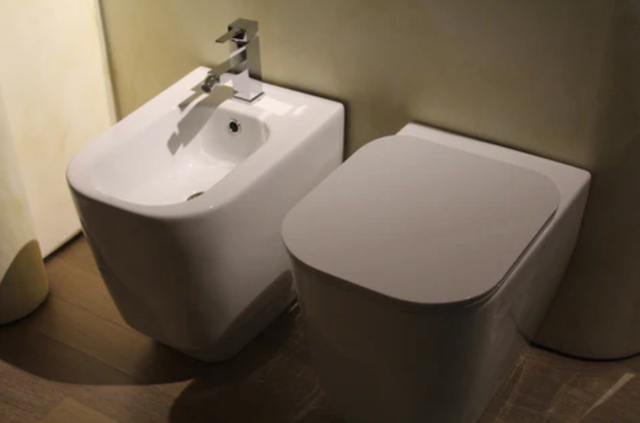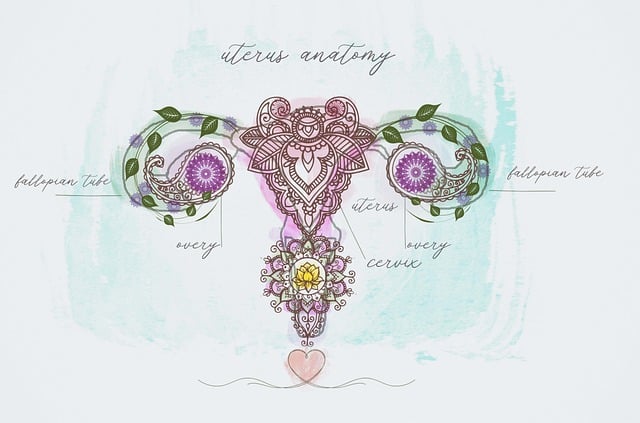Water is a wonder. It keeps us hydrated, powers electricity, and cleans all the things—including our bottoms. Read on to see why the bidet, a powerhouse tool used throughout the world, might soon take over toilet paper in the quest to keep us clean.
How a bidet works
It can look different depending on the type, but a bidet is essentially a shallow toilet—or an attachment to an existing toilet—that sprays water upward onto your bottom area. Invented in France in the 1600s and adopted almost immediately in virtually every country in the world, it acts as an alternative to using toilet paper. And it's amazing.
So why haven't they caught on in the U.S.? Because it was invented by the French, the bidet was wholeheartedly rejected by the rivaling British for centuries purely out of spite. Americans adopted this disdain for the device and shunned its use as well.
But in recent years, technological advancements have paved the way for a new generation of bidet users. Just look up "bidet" in an Amazon search, and you'll see what I mean.
Why life's better with a bidet
Bidets are better for your health.
Unless it's super plush and soft (which brings up a host of health considerations, as I covered in a recent post), dry toilet paper isn't the most ideal wiping tool. And while wet wipes can be commonly found in bathrooms across the country, they also aren't exactly the best for your plumbing—or your health.
On the other hand, old-fashioned water works better than you'd think (and doesn't cause irritation like toilet paper can). It just takes a few splashes and a quick once-over wipe to get the job done. Bidets are hygienic as well, so you're essentially wiping once to dry a clean area instead of wiping an unclean area multiple times, which can lead to an unwanted transfer of bacteria to your hands.
Bidets are also a healthy alternative to those experiencing hemorrhoids and irritable bowel syndrome, as well as those recovering from surgery or experiencing an infection. The soothing nature of water helps the bottom area, acting as a calmer alternative than potentially harsh paper. And they're especially helpful for seniors and others with low mobility because there's no need to continually reach and wipe.
(Quick caveat: Studies are mixed on the health effects of using bidets in the vaginal area, as they can potentially disrupt the vagina's bacterial balance. It's best to stick to using them just for your bum.)
Bidets are better for your wallet.
Think of all the money spent on toilet paper each year (it's around $9 billion in the U.S. alone). Using a bidet can significantly reduce this cost.
Once we added bidets to each toilet in our home, we stopped buying wet wipes completely and ended up having to extend our toilet paper subscription delivery by several weeks. As far as water costs, the amount used is minimal compared to what toilet paper costs—and what it does to the environment.
Bidets are better for the planet.
Americans use 36.5 billion rolls of toilet paper each year. That's a lot of trees. Switching to bidets could save an estimated 15 million of those precious trees annually. Bidets are essentially a green alternative. They require an insignificant amount of water compared to the sizable amount it typically takes to manufacture toilet paper.
Bottom Line
Bidets are a cost-effective, environmentally friendly, healthy alternative to toilet paper. They require minimal work to install, and options abound (we went with this affordable model and love it). Once we installed our bidets, we literally never looked back—and neither will you. Give it a try. I promise, you'll love it!




